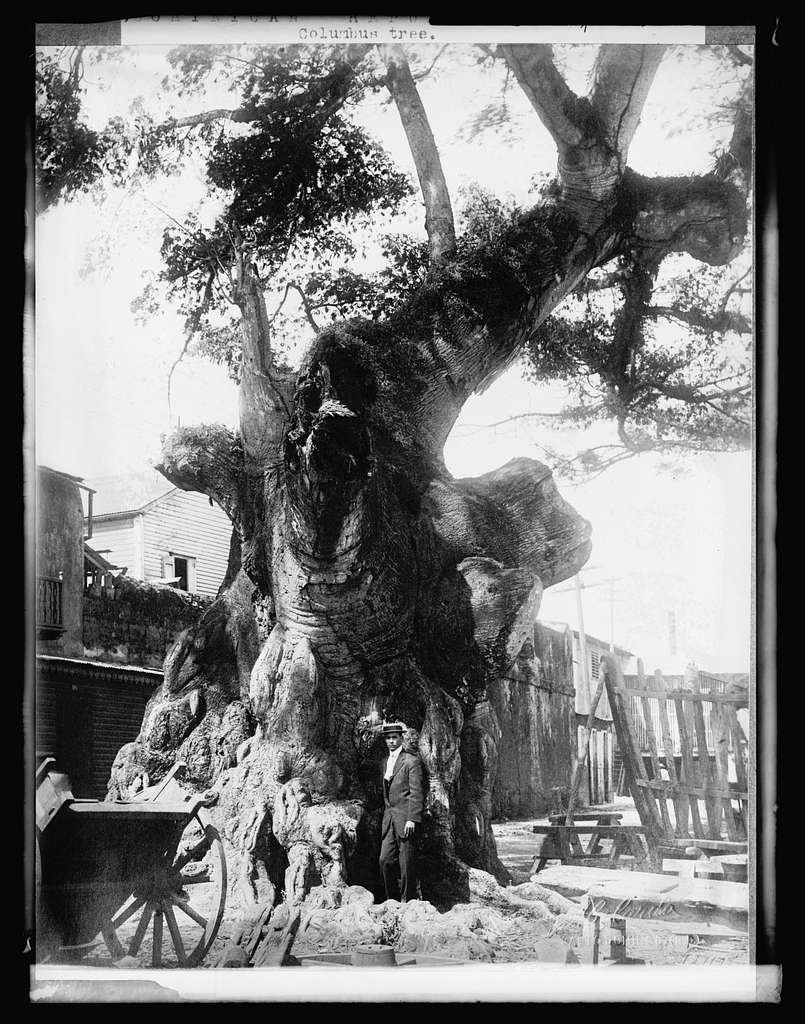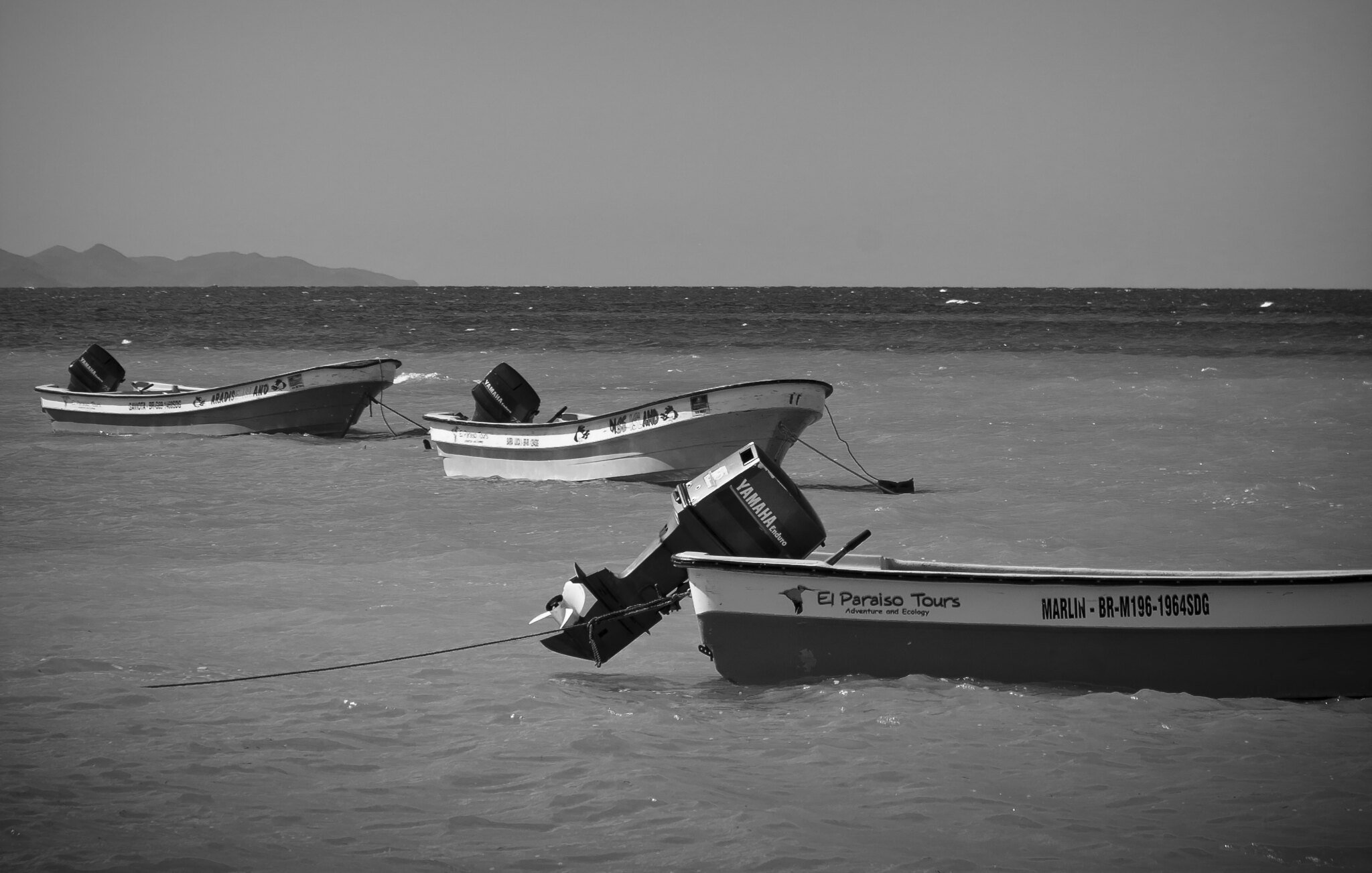Ode to [Elegies]
Poet Robert Carlos García explores the complexities of modern life and death
Puerto Plata, Dominican Republic, 2019. Photo: Jason Thibault
POET’S NOTE
“This Moment / Right Now” was originally published in Poem-a-Day (20 February 2017) by the Academy of American Poets. “From ‘The Tempest’” appeared in Poetry Magazine (March 2020) and in The BreakBeat Poets Vol. 4: LatiNext (Haymarket Books, 2020). “Elegy hidden inside an ode to beauty;” “Elegy in which I consider the resurrection;” and “The ocean pours through a jar…it swims inside the fish” are excerpts from [Elegies] (FlowerSong Press, 2020). Images in this feature are curated by HTI Open Plaza.
—Roberto Carlos García, New York, 2022
Dominican Republic, 2019. Photo: Jochen Bams
This Moment / Right Now
for Monica Hand
there’s a whispered prayer blowing
the crumbs of a season’s harvest
off a girl’s plate
& a roar breaks from her insides,
the roar a lioness
a beast that knows
& a man kneels somewhere
cupping his tears
for the loneliness he feels
though he’s surrounded by the world,
& a finch in a tree singing
for a lover as the buds on its branch
pop into leaves that will flourish
& welcome the green grasses,
Right now a boy is wondering
if people can really dodge bullets
& is he one of them & somewhere nobody bothers
to ask, they simply wait
Wind spins across the landscape
they say God is twirling his fingers—
The heartbroken hook new bodies,
night after night, drink after drink
& I dance—my feet mashing grapes
for wine & I sing mockingly—
what is life / what is life
From “The Tempest”
View of the U.S. Coaling Station and Marciaq's store, Samaná Bay, city of Samaná, Dominican Republic, 1871. Photo reproduction of watercolor by James E. Taylor. Source: Library of Congress
My father decided I would be born at sea,
Thirsty & surrounded by the risk of drowning
My father was a great sailor, a seaman, navigated
Only the darkest waters—the sweetest squalls
Which is to say he was a drunk, like his father
Before him, & now I had to learn the rhythm of the waves
How a full moon makes water bulge, makes high & low tide
I had to learn to follow stars home, to strange ports
My father decided I would be born at sea
So he left me in a dugout—the shoreline nowhere in sight
Thank God for the saints—those monoliths on land
Light towers on the sea & eagles in the sky
Which is to say thank God for Mamás, Tías & Abuelas
Where would the wandering sailor babies float to without them
Blessèd be these lights who did their own time on the sea
Who enjoyed a storm or two before the warm hearth of a slick boatsman
Who pay their penance as watchers of the sailor’s bastards
Who drink tears & listen to boleros on Friday & Saturday nights
& yell and scream at us as if we were those lost sailors
& apologize & console us as if we were those lost sailors
Unbreakable (2013) by Julianny Ariza. Fabric, thread and plaster on canvas, 13 x 18 in. Source: Condition: My Place Our Longing / Condición: Mi lugar nuestro anhelo exhibition by The City College of New York-CUNY Dominican Studies Institute, 2013.
Elegy hidden inside an ode to beauty
Ceiba de Colón, tree to which Columbus is said to have tied his caravel. Santo Domingo, Dom. Rep., 1947. Source: Library of Congress
The minute we are born death starts ticking
& for the longest time we can’t see it.
Mami, it’s the sheen—it fools us all.
I ran my hands through the grass & weeds today
& told my landscaper to make it beautiful
or to kill the weeds—he told me his brother
is in jail for six months, At least it’s not years
I said. Mami—he’ll miss the summer & face
two winters back to back with no respite.
There are buds on my grapevines—so soon.
The citrus tree did not recover & chickweed
have taken over the yard & I’m staring at one spot
under the beech tree, where I’d put out a chair for you
half in the shade & half in the sun, you will not see it again.
Today after ordering the weeds killed I sat at my desk
my youngest daughter walked the dog with my mother in law.
Mami, you do not know her, but after, she rumbled into the room
& smiled—I have a surprise for you Papi—& gave me a dandelion.
Elegy in which I consider the resurrection
Burial ceremony in Capilla del Rosario in the remnant of the city of Nueva Isabella, opposite Santo Domingo City, Dom. Rep., 1871. Photo reproduction of watercolor by James E. Taylor. Source: Library of Congress
Scholars say the bible is written in parables,
that it uses symbolic language to explain life,
choices measured against infinity—clouds of dust
struggling up the mountain—three days to return
to leave again in a blink, time enough
to inspire the faithful, to spread the gospel, give hope.
Mami, you died over a month ago so I’m calculating
we all are—three days, years, decades or cycles of the moon
or as the crow flies, the horse rides, the wind affects the tides.
Our grief is a house of mirrors—what would you say
if you rose pristine from the ashes & saw us in our silos
each one believing their grief to be the alpha & omega.
Mami, I think I understand why resurrection is brief—
no need to stick around & see the same stuff again.
“Tied to shore, but floating at sea.” Monte Cristi, Dom. Rep., 2010. Photo: Ahd Photography
“The ocean pours through a jar…it swims inside the fish”
—Rumi
…maybe then I can walk down to the port
jump in the Atlantic, sink to the bottom
& walk underwater all the way to the Caribbean,
the sea telling its stories as I cross over
into the land of the dead, no need to dream,
water is the doorway between worlds.
…maybe then a stairwell opens in the wet
earth & as I descend, I become dirt & me
& my ancestors have a séance in the soil
& like a geyser, ancestors lift me high
into the sky dressed in bone white pants,
shirtless & barefoot shouting birdsong.
…maybe it’s too soon for this kind of talk,
plenty of sun, sea, & grass right in front of me
plenty of the living & dead right in front of me.
[Elegies] by Roberto Carlos García
FlowerSong Press, 2020
“[Elegies] isn’t so much a love story as it is a story of love: love for García’s beloved grandmother, love for himself as he continues to be transformed by this grief, and above all, love for Black life.”
–Mariana Goycoechea, Intervenxions, The Latinx Project









